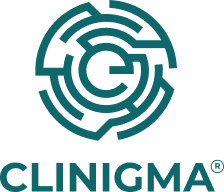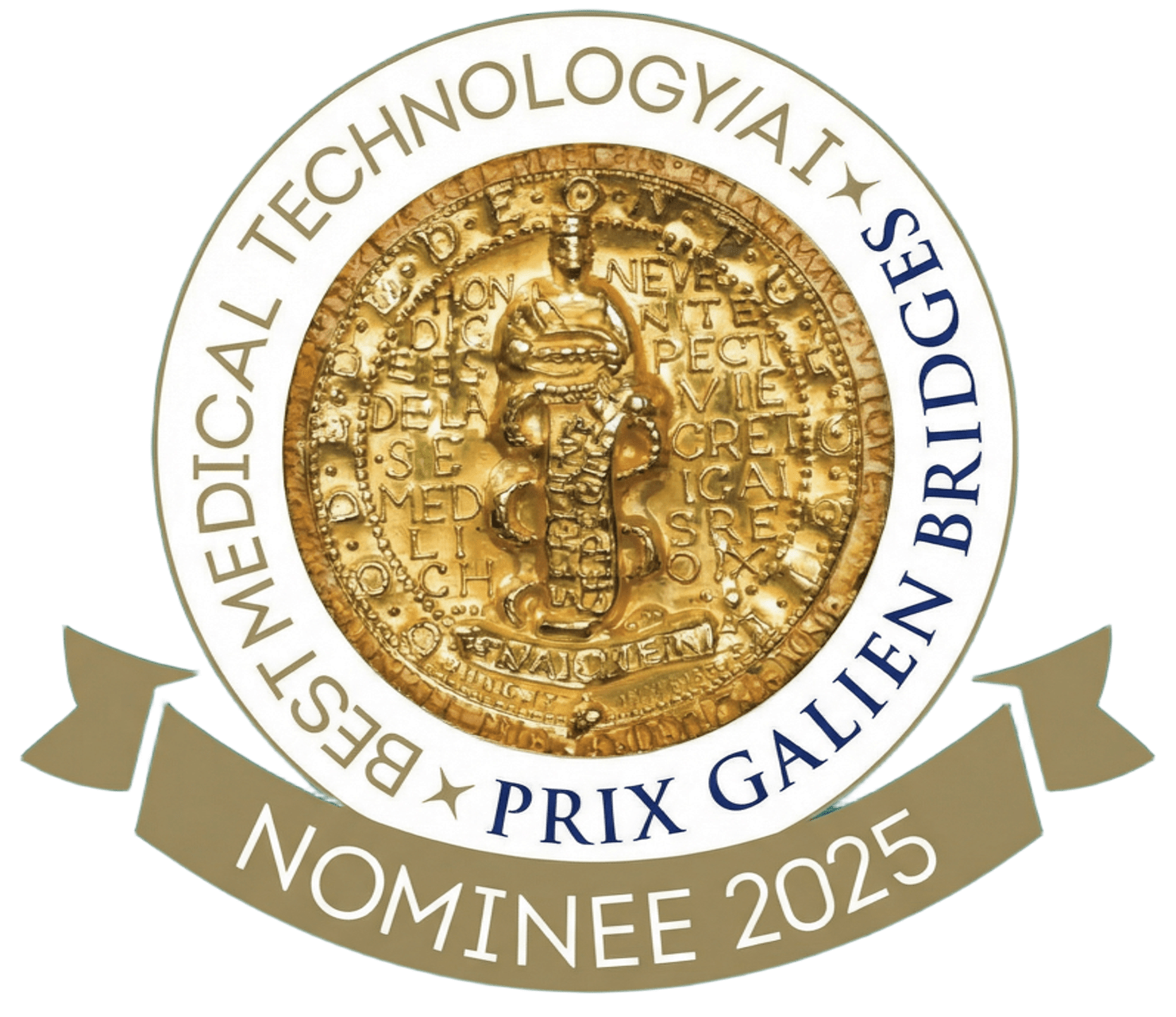
Katharina Rynkiewich (PhD)
Research Associate
About
Katharina is a medical anthropologist and research associate at CLINIGMA®, specializing in the development of qualitative interview manuals for use in clinical trials. Drawing on a decade of research and teaching experience in global health, medical anthropology, and infectious disease, she ensures that every interview guide reflects clinical relevance, cultural nuance, and methodological rigour.
Expertise
Interview Manual Design for Clinical Trials
- Designs interview manuals used in in-trial qualitative research, aligning discussion guides with study objectives, endpoints, and regulatory expectations
- Translates complex clinical and scientific concepts into patient-accessible language
- Ensures guides are adaptable across age groups, cultural contexts, and therapeutic areas
Global Health and Infectious Disease Expertise
- PhD in Anthropology with specialisation in antimicrobial resistance, infectious disease policy, and global health systems
- Extensive fieldwork experience in the United States and internationally, including ethnographic research in hospital and public health settings
Academic and Policy Engagement
- Assistant Professor in Anthropology at Florida Atlantic University, teaching courses on global health, medical systems, and qualitative methods
- Former fellow and grantee of the U.S. Centers for Disease Control and Prevention (CDC), Wenner-Gren Foundation, and National Science Foundation (NSF)
- Contributor to interdisciplinary research bridging anthropology, epidemiology, and health policy
Qualitative Research Methodology
- Deep expertise in interview design, thematic analysis, and ethnographic methods
- Proven ability to craft age-appropriate and context-sensitive interview materials for diverse patient populations
Cross-Disciplinary Collaboration
- Experienced in working across research, policy, and public health institutions
- Skilled communicator with ability to integrate feedback from clients, clinicians, and internal stakeholders
Katharina’s academic training, global health expertise, and deep understanding of patient experience make her an invaluable contributor to CLINIGMA®’s qualitative research team. Her work ensures that interview studies are both scientifically rigorous and deeply human.
Publications
Rynkiewich, Katharina, Sarin Gole, Sarah Won, and David N. Schwartz. 2023. “Cultures of antibiotic prescribing in medical intensive care.” Social Science & Medicine 324: 1-7. DOI: https://doi.org/10.1016/j.socscimed.2023.115834
Rynkiewich, Katharina, Kruthika Uttla, Leila Hojat. 2022. “Instant Gratification and Overtreating to Be Safe: Perceptions of U.S. Intensive Care Unit Pharmacists and Residents on Antimicrobial Stewardship.” Antibiotics. 11: 1-10. DOI: https://doi.org/10.3390/antibiotics11091224
Rynkiewich, Katharina. 2022. “Antimicrobial Prescribing Matters: The Irreconcilability in Moral Ranking Systems.” Anthropology & Medicine. 1-15. DOI: https://doi.org/10.1080/13648470.2021.1994331
Rynkiewich, Katharina, et al. 2021. “Healthcare Personnel Experiences Implementing CarbapenemResistant Enterobacterales Infection Control Measures at a Ventilator-capable Skilled Nursing Facility – A Qualitative Analysis.” Infection Control & Hospital Epidemiology. 1-7. DOI: https://doi.org/10.1017/ice.2021.265
Rynkiewich, Katharina. 2021. “Everyday Infection, Looming Threat: Hospital-based Infection Control in the United States.” Somatosphere Special Issue: The Hospital Multiple, http://somatosphere.net/2021/hospital-infection-control-medical-anthropology.html/
Rynkiewich, Katharina, David Schwartz, Sarah Won, Bradley Stoner. 2020. “Antibiotic decision making in surgical intensive care – a qualitative analysis.” Journal of Hospital Infection. 104(2): 158-164. DOI: 10.1016/j.jhin.2019.09.002
Rynkiewich, Katharina. 2020. “Finding ‘What’s Wrong With Us’: Antibiotic Prescribing Practice among Physicians in the United States.” Frontiers in Sociology 5(5):1-9. DOI: 10.3389/fsoc.2020.00005


